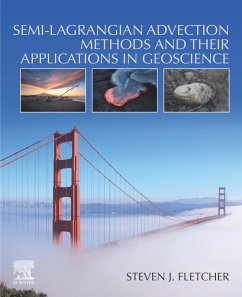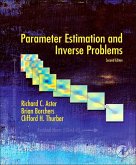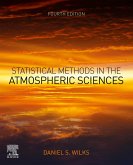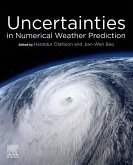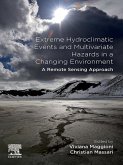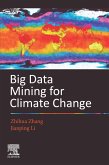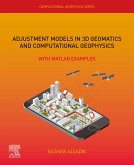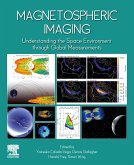Beneficial for students learning about numerical approximations to advection, researchers applying these techniques to geoscientific modeling, and practitioners looking for the best approach for modeling, Semi-Lagrangian Advection Methods and Their Applications in Geoscience fills a crucial gap in numerical modeling and data assimilation in geoscience.
- Provides a single resource for understanding semi-Lagrangian methods and what is involved in its application
- Includes exercises and codes to supplement learning and create opportunities for practice
- Includes coverage of adjoints, examining the advantages and disadvantages of different approaches in multiple coordinate systems and different discretizations
- Includes links to numerical datasets and animations to further enhance understanding
Dieser Download kann aus rechtlichen Gründen nur mit Rechnungsadresse in A, B, BG, CY, CZ, D, DK, EW, E, FIN, F, GR, HR, H, IRL, I, LT, L, LR, M, NL, PL, P, R, S, SLO, SK ausgeliefert werden.

